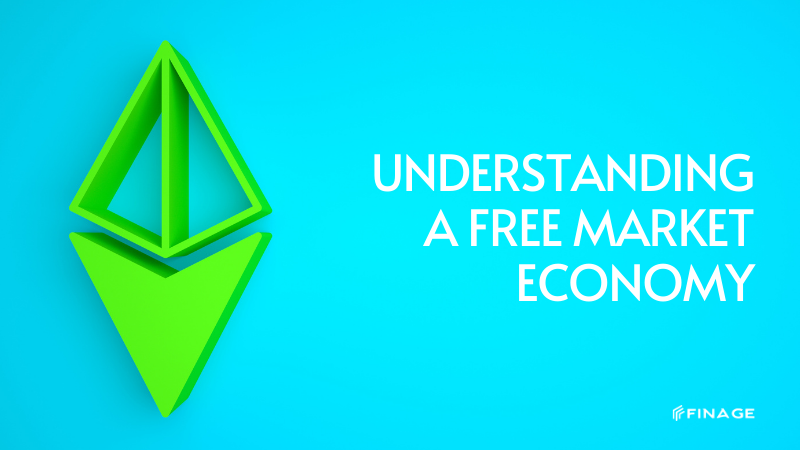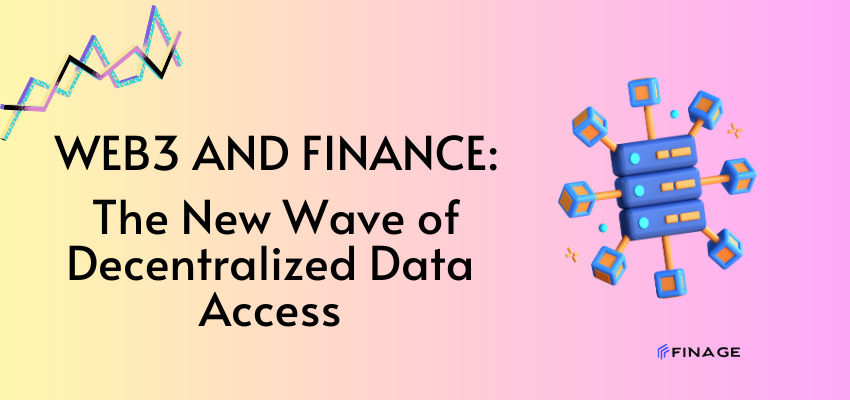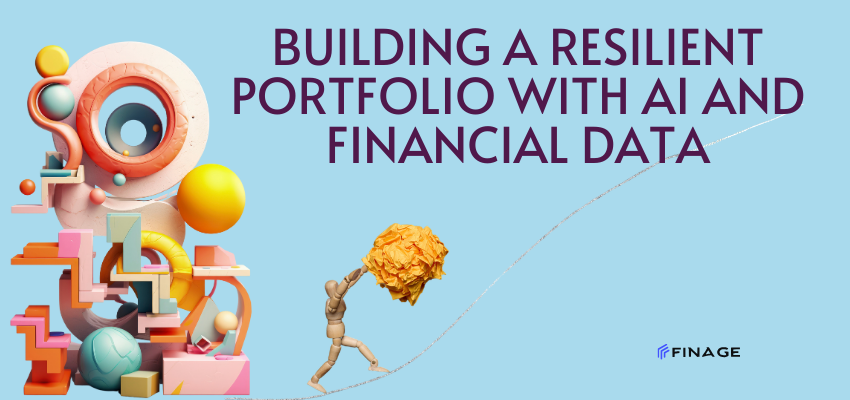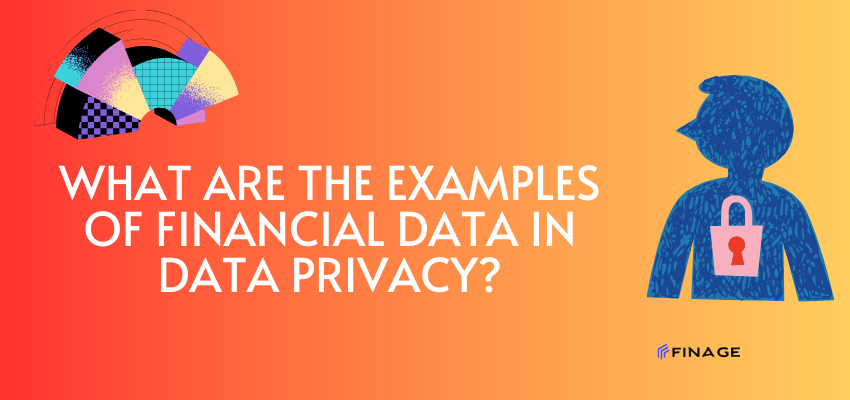Back to Blog
by Finage at February 11, 2024 • 4 MIN READ
Real-Time Data

Understanding a Free Market Economy
An economy that's driven by supply and demand, or better still, basically minimal government charge is referred to as a free market. Such economies are seen by experts and, especially Big Tech companies as being more stable compared to their counterparts which act oppositely. So, why is this the case?
Well, as we'll soon see, economies acting by the main free market characteristics are driven by competition, which means they innovate, and in the modern age especially, that means the use of tech and data. Let’s take a look at the free market generally, as well as how it pushes innovations.
Contents:
- Highlighting the main characteristics
- The innovative space
- Data's role
- Final thoughts
Highlighting the main characteristics
As it was hinted at earlier, economies of this kind operate based on how private organizations and their consumers control the prices of goods, and services via supply and demand. This in turn affects how investments are made, which then bleeds into the greater economy. For a nation to be thought of as a free market, it would have to do the following:
- Property can be owned privately
- Self-interest is the priority
- People can choose freely
- Competition is encouraged
- Government is limited
- There's a system of markets and prices
The above principles are beyond impactful on the greater world, as seen with the countries that adopt them. Said countries tend to do better than their government-controlled counterparts, as the principles promote the following:
- Labor freedom
- Fiscal health
- Freedom of business
- Monetary freedom
- Government Integrity
It's worth noting that an economy that acts purely this way is a rarity, and in fact, most would need some form of a government presence to help struggling businesses with subsidies, and the like. In any case, the healthiest, and most efficient economies tend to be the free ones. They aren't as rigid as their government-controlled counterparts, especially toward the competition-driven need for technological advancements and data.
The innovative space
The innovations in question come in many forms. They are typically seen in the financial market and said market, whether dealing in stocks or crypto is incredibly speedy. To have any sort of advantage in the niche requires one to use the latest tech. Some of the main technologies used to gain said edge in the competitive field include the following:
- Artificial intelligence
- APIs (Application Programming Interfaces)
- Blockchain technology
- The cloud
- Trading bots
APIs, for example, are useful because of their ability to connect those providing valuable data to those in need of it. They can be used in trade, applied through widgets, allowing those in the financial market using automated algorithms to link up to the trading platform of choice, on which all activities are performed. These range from obtaining price-related data to enacting trades.
In a free market economy, such a tool is incredibly helpful to the one possessing it, and conversely, those who don't are at a disadvantage. That said, the volatile nature of financial markets is such that the prime position will inevitably shift, which is why the tech should be paired up with accurate data.
Data's role
While the above technologies certainly help with staying competitive in the larger free market, nothing influences the decisions, and subsequently, the greater market the way data does. The importance of data can easily be seen in the desire for malicious entities to obtain it, as seen by how frequently data breaches occur in general. Real-time data is particularly useful, as it is available to interested parties only mere seconds after the related events, which gives whoever has it some serious advantages, coming in the form of a decision-making head start.
With said data in one's possession, some key decisions are made. An example of this is the historical charts, which when cross-referenced with what's currently happening, are used to gauge the market based on recurring patterns. These, of course, aren't an exact winning formula, but they do provide some form of predictive capabilities, which allow potential investors to know whether the stock or bond is worth putting their money into or to either buy or sell.
Then, there's the matter of data-related regulations that financial institutions have to stay in line with. If there isn't any integrity in the way they handle data, which should be of high quality, chances are that this could result in some serious fines, as well as loss of trust, and being criminally liable.
Final thoughts
Free markets, as the above has shown, have several principles that are conducive to innovation, and this is best shown in their competitive nature. Said competition pushes the boundaries of technology, which when used with valuable data, can give whoever holds it an advantage. By having said advantage, they become drivers of the market, which wouldn't be the case had they not been in a free market.
One could easily make the case for such economies as being the drivers for the world economy, despite having some government control. Regardless, the path is far more open to innovation, hence the reliance on tech and data that exists.
You can get your Real-Time and Historical Market Data with a free API key.
Build with us today!
Featured Posts

Web3 and Finance: The New Wave of Decentralized Data Access
October 28, 2024

Building a Resilient Portfolio with AI and Financial Data
October 27, 2024

What is Financial Compliance Regulation?
October 26, 2024

What are the Examples of Financial Data in Data Privacy?
October 25, 2024

What is Market Microstructure and Trading Theory?
October 24, 2024
Tags
free market principles
free market economy basics
capitalism and free market
advantages of free market economy
how free market works
free market system explained
free market vs command economy
economic freedom
market-driven economy
laissez-faire economics
free market benefits
challenges in free market
free market policies
role of government in free market
supply and demand in free market
Join Us
You can test all data feeds today!
Start Free Trial

If you need more information about data feeds, feel free to ask our team.
Request Consultation
Back to Blog
Please note that all data provided under Finage and on this website...